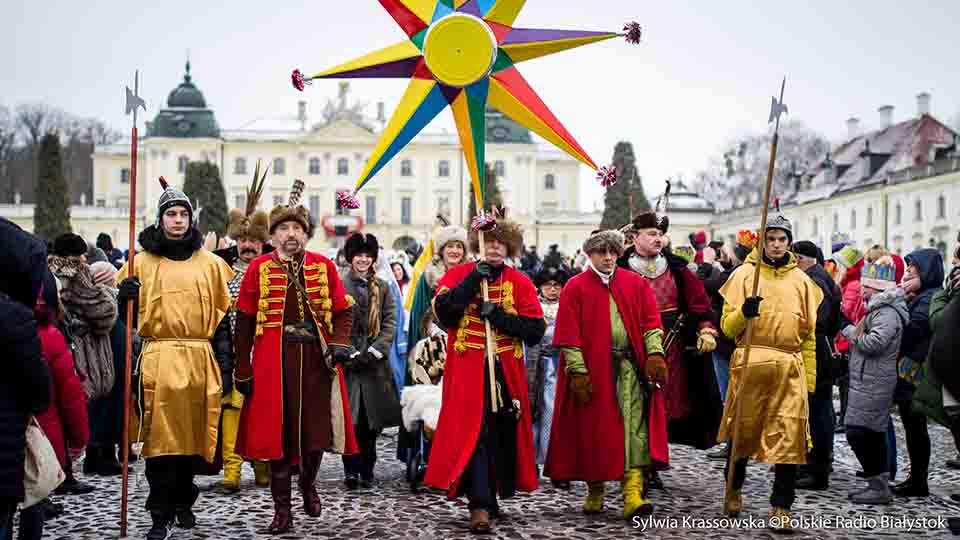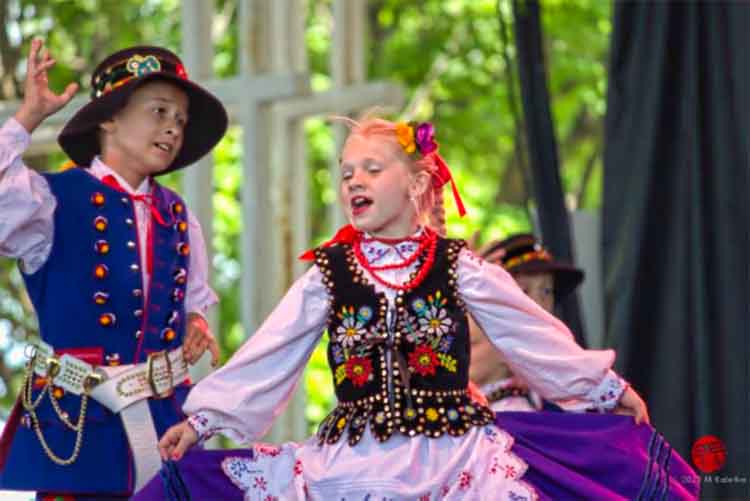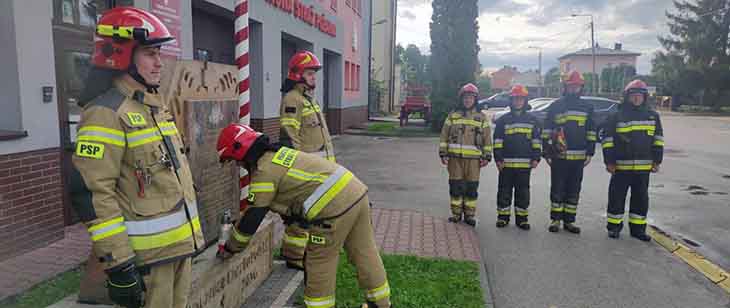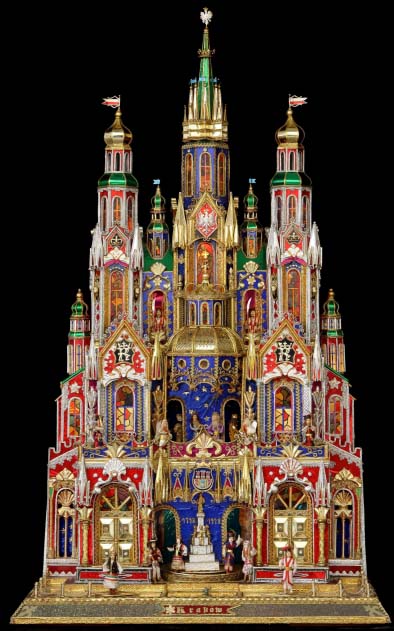Easter is considered the greatest Christian holiday. At this time, the greatest sacrifice for our salvation is celebrated in the form of the crucified body of Jesus Christ. It has been a solemn holiday for a long time, and Poland is one of the countries where it is remembered in a special way.

The Lamb of Milwaukee (Photo: W. Biniecki)
Here, each food has its own meaning and it is based on an ancient tradition.
In Warmia and Masuria
At the time of his martyrdom, Jesus offered his salvation to everyone. Therefore, in order to properly thank him for what he has done on the cross, in Warmia and Masuria, Easter cannot do without strong drinks that will cheer up the guests and fill them with humor and joy. During such a special festival, the revelers consumed large amounts of fatty foods, with sausages being the main dish. It was believed that sausages, like a string, could bind together the feelings of families and relatives.
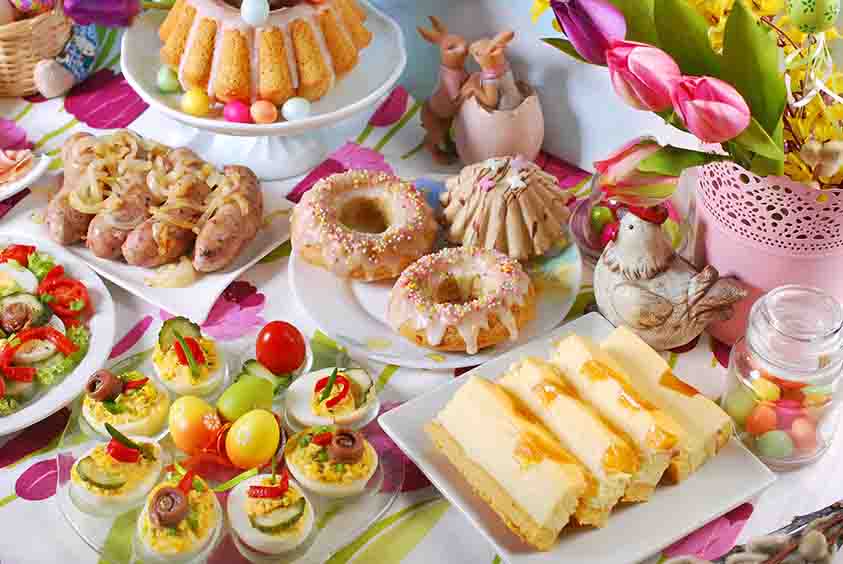
Easter breakfast (Source: www.przepisy, pl)
In Lublin
During this extraordinary period, a great deal of time was also spent in prayer and contemplation. Therefore, in order to properly praise the Lord and his death on the cross in prayers, pancakes and raisin "babas" were offered, which — with their exquisite taste — compelled everyone to spiritual raptures. At that time, frequent walks were also organized, during which one could enjoy the charms of spring and the awakening of nature to life again. It is thanks to such walks that a certain correspondence with the resurrection of Jesus and the resurrection of nature was noticed, that — with its new and better life — delights the eye of every human being.
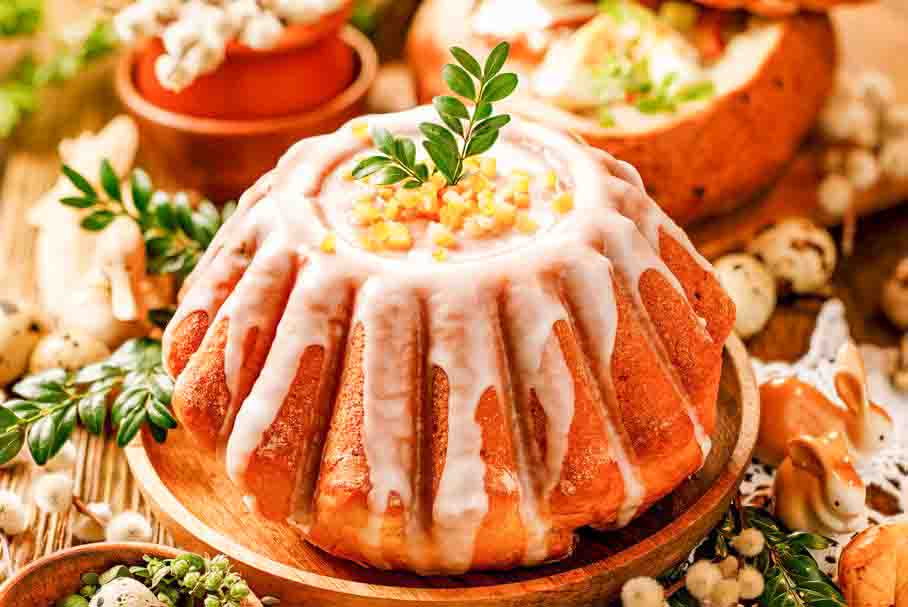
Easter cake (Source: edziecko.pl)
In Krynki near Brodzkie Lake
During Easter, they also enjoyed the fat cakes, which, it was believed, gave everyone the vitality needed for any work on the land. They were then washed down with red wine, which was believed to have special properties that regenerate the body after the tiring winter months. Also, the clothes that were worn had to be made of colorful materials that stimulated the human imagination. Young girls dressed especially colorfully in order to arouse the interest of the opposite sex with their clothes.
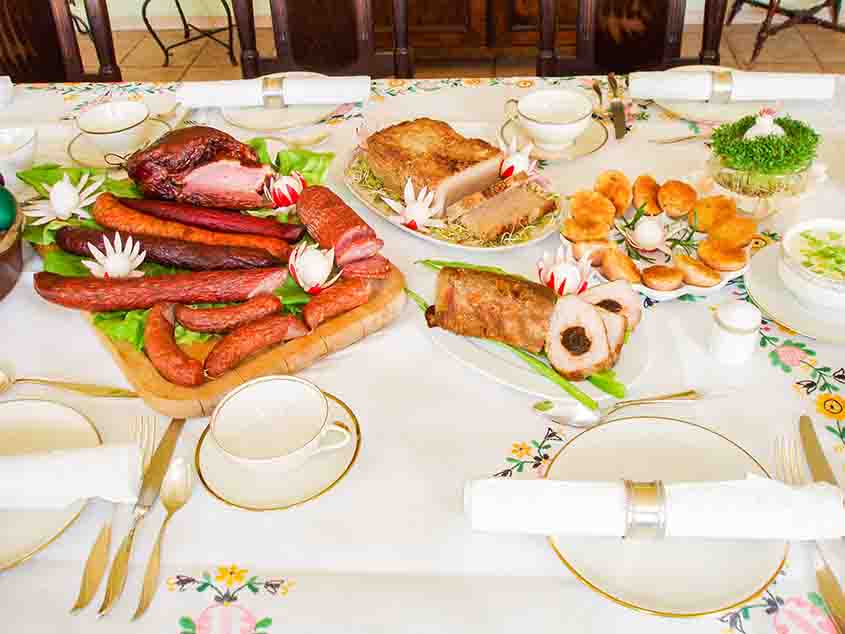
Easter dishes (Source :regul.pl)
Today, too, with the advent of spring, we buy ourselves new clothes so that they make us feel better and add value to us.
Translation from Polish by Andrew Woźniewicz.





